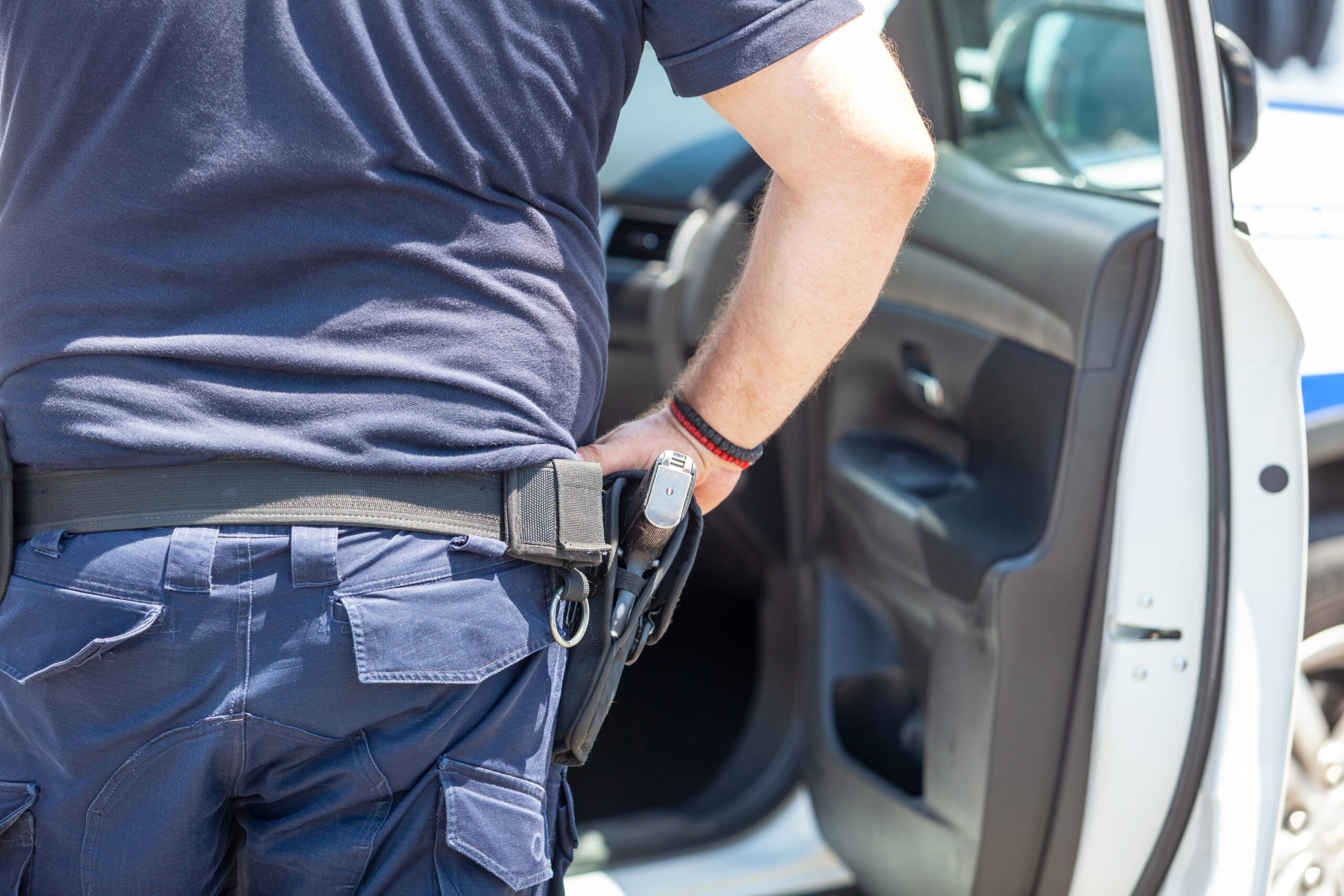If you get pulled over, you might not expect the officer to ask you to exit your vehicle for a search for drugs. If you are uncertain about your rights, this situation can rapidly escalate into a complex legal battle. Therefore, it’s essential to understand your rights. Please continue reading to learn what you should do if you are asked to undergo a vehicle search in Texas and how a skilled Dallas Drug Lawyer can assist you.
When Can Police Search Your Car in Texas?
In Texas, law enforcement may request to search your vehicle for a variety of reasons, but the most common is that they have reasonable suspicion you possess illegal items in your car. It’s essential to recognize that police need reasonable suspicion to initiate a traffic stop, usually due to a violation of a traffic law. Once the stop is made, they can establish probable cause which allows them the authority to search your vehicle or make an arrest.
What Are My Rights if My Vehicle is Searched for Drugs?
It’s important to understand that the Fourth Amendment of the U.S. Constitution safeguards individuals from unreasonable searches and seizures. This means law enforcement is generally required to obtain a warrant for a vehicle search. However, there are exceptions to this rule, including if a motorist consented to the search. Nevertheless, you possess the right to refuse consent to a police search of your vehicle even if an officer requests it. You should remain calm and respectful during this interaction, as becoming aggressive can escalate matters. Law enforcement cannot harass or force people into unlawful searches and seizures that violate their rights.
Keep in mind that your polite refusal may not keep law enforcement from searching your vehicle as there are numerous scenarios in which law enforcement can search your vehicle after you refuse to consent to one. Law enforcement needs to have probable cause to search your vehicle. Probable cause is a legal standard that means there are specific facts that would lead a reasonable person to conclude that a crime has been committed. Some examples of probable cause include:
- The officer sees something illegal, like drugs, weapons, or open containers in the vehicle.
- The officer smells drugs or alcohol in the vehicle.
- The officers witness suspicious behavior, such as someone trying to hide something in the car or behavior that could lead them to believe that they are impaired.
What Should I Do if I Believe My Rights Were Violated?
In the unfortunate event that you have been subjected to an illegal search and seizure, it’s in your best interest to enlist the help of an experienced attorney as soon as possible. This is because your attorney can challenge the evidence obtained, potentially leading to the suppression of that evidence in court. This can significantly impact the outcome of your case, as the court can deem the evidence inadmissible. If their motion is successful, it can weaken the prosecution’s case against you.
If you believe your Fourth Amendment rights were breached, please don’t hesitate to contact a lawyer from Spangler Law, who can help you determine the best course of action. Connect with our firm today to learn more.



